In light of recent political upheavals across Europe, attention has turned to France as it grapples with escalating economic challenges, compounded by a governmental crisis that has culminated in the ousting of Prime Minister Barnier after just 91 days in office. This development, occurring soon after major shifts in South Korea's political landscape, raises pressing questions about the sustainability of France's economy, already burdened by stagnation and a burgeoning deficit.
On December 4, the French National Assembly passed a vote of no confidence against the incumbent government, marking a critical juncture in the nation's governance. The inability of the government to function effectively and devise a budget for the forthcoming year not only exacerbates existing economic strife but also leaves citizens and businesses alike in a precarious position.
The crux of this crisis can be traced to a contentious “budgetary standoff” within the country. France has been grappling with an expanding debt, and recent market sentiments have alarmingly elevated concerns regarding the country’s financial credibility. Borrowing costs have skyrocketed, surpassing levels seen during the "Greek crisis," a stark illustration of the gravity of the situation.
In an effort to stave off the economic downslide, Barnier proposed a budget that included tax hikes and cuts to public spending amounting to €60 billion, aimed at curbing the incessant growth of the national deficit. However, the proposed 2025 budget faced staunch opposition in parliament, and Barnier's refusal to amend the plan led to an impasse, plunging the nation's fiscal planning into disarray.
Notably, the seeds of the current deficit were planted during President Macron's first term. In 2018, in response to widespread protests against a fuel tax hike, Macron rolled out substantial subsidies boosting public spending by billions. The financial fabric of the nation was further strained two years later, during the COVID-19 pandemic, as the government committed massive resources to support economic recovery. Just when some semblance of recovery appeared on the horizon, surging energy prices in 2022 compelled Macron to sanction yet another wave of governmental expenditure.
Amid this financial tumult, the stark contrast between sustained government spending and a languishing economic climate has become increasingly pronounced. Although certain economic indicators suggested stability—projecting a 1.1% growth rate for GDP this year—this statistic glosses over the undercurrents of weakness that have plagued the French economy in recent years.
Denis Ferrand, head of the Paris-based economic research institution Rexecode, provides a sobering analysis: “The competitiveness of French and European companies has been in decline, with production costs surging by 25% since 2019.” A recent quarterly survey of 1,000 French SMEs highlighted strikingly low levels of investment optimism, with only 36% planning to maintain investment levels, while almost half planned to delay or withdraw from prospective investments.
This trend is starkly evident in the rising tide of corporate bankruptcies sweeping through various sectors. Philippe Druon, a lawyer specializing in bankruptcy and restructuring at Hogan Lovells, draws parallels to the 2008 financial crisis, indicating that the current volume of bankruptcies is reaching similarly troubling levels. An estimated 65,000 companies are expected to file for bankruptcy this year, a marked increase from 56,000 the previous year.
Moreover, major corporations, particularly those reliant on energy, are making severe cuts. For instance, global tire manufacturer Michelin and prominent chemical producer Vencorex have announced significant layoffs and capacity reductions. Even Nexity, one of France's largest construction firms, has stated it would cut nearly 1,000 jobs in light of the adverse impacts of high-interest rates on the real estate market. The retail sector is also feeling the pinch; leading supermarket chain Auchan reported one of the largest layoffs in its history last month.
This uncertainty in the job market, exacerbated by a cost-of-living crisis, has prompted many French citizens to prioritize saving over spending, further stifling economic activity. The escalating concern is that political instability could deepen these existing woes.
Charlotte de Montpellier, chief economist at the Dutch Bank, stresses that this political turbulence comes at a time when French economic growth is already faltering. The relentless rise in energy costs and interest rates, coupled with sluggish industrial performance and plummeting consumer confidence, has contributed to stagnation over the past two years. The fragmentation seen in legislative bodies this summer has led to a palpable decline in investment and hiring within businesses.
The plight of small and medium-sized enterprises, which are the backbone of the French economy, has not gone unnoticed. Their representative body recently warned that the current governmental discord could usher in a "new period of instability." A lack of a clearly defined budget could precipitate a debt crisis, the repercussions of which would be detrimental to all economic stakeholders.
Yet, not all experts see the crisis as insurmountable. Anne-Sophie Alsif, chief economist at Paris consulting firm BDO, queries whether the factors currently at play would necessarily result in a dire economic landscape were it not for the accompanying political turmoil. According to Alsif, the macroeconomic indicators were on the verge of improvement. However, the fall of the government and the inability to pass a tailored budget for 2025 could very well catalyze a full-blown economic crisis, which would be catastrophic. "We communicate to investors that our country lacks the capacity to execute a deficit reduction program. The budget for 2024 may very well mirror that of 2025, with the deficit likely exceeding 6%," she forewarned.
This uncertainty underscores a broader dilemma facing Europe: how to ensure fiscal stability amid increasing political volatility. With businesses and consumers both holding their breath, France stands on a precipice, teetering between recovery and deeper economic turmoil as its political class struggles to regain control and chart a sustainable economic path forward.
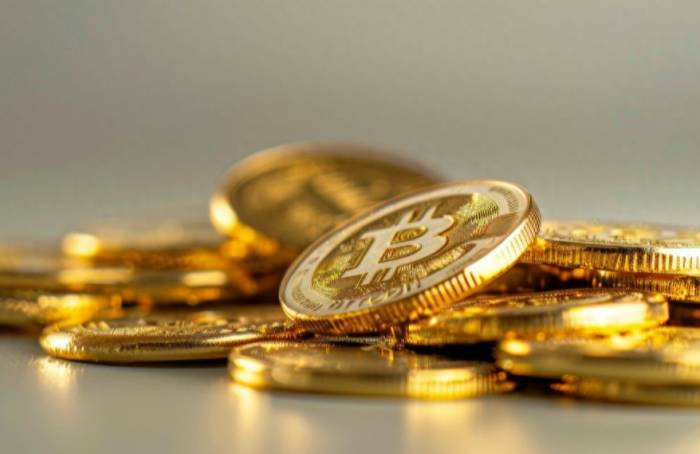

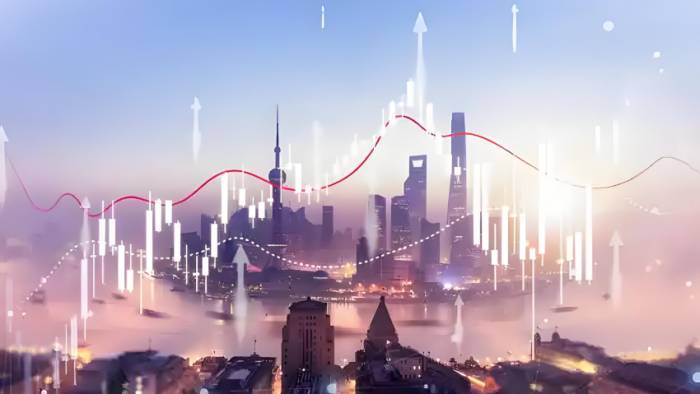


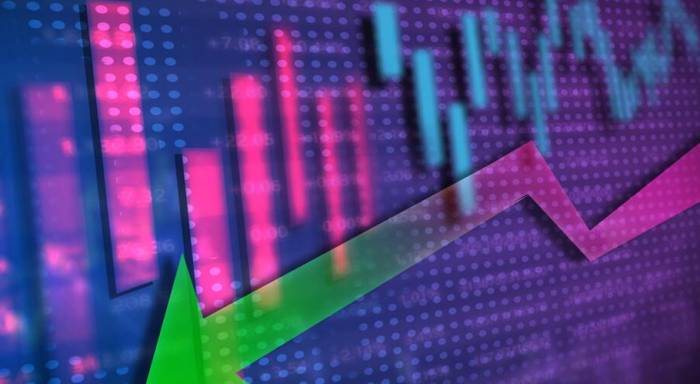
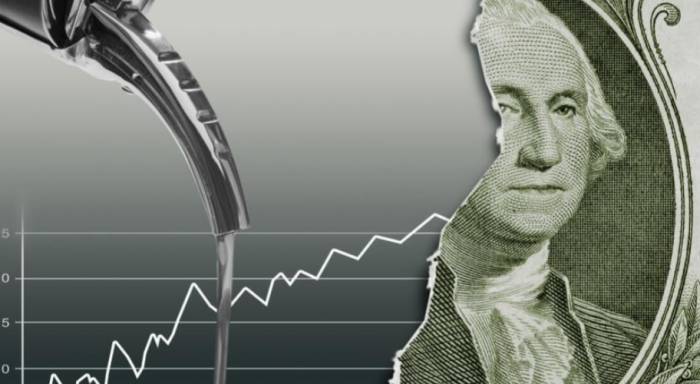
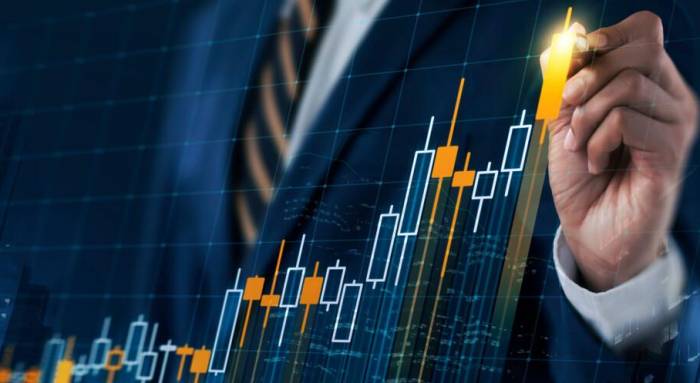
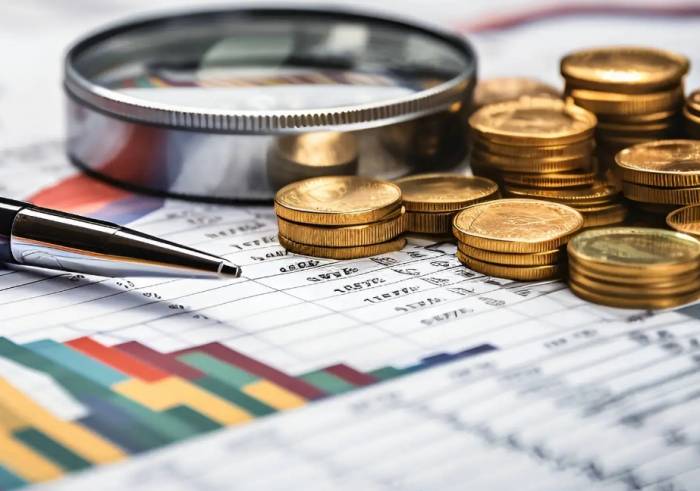
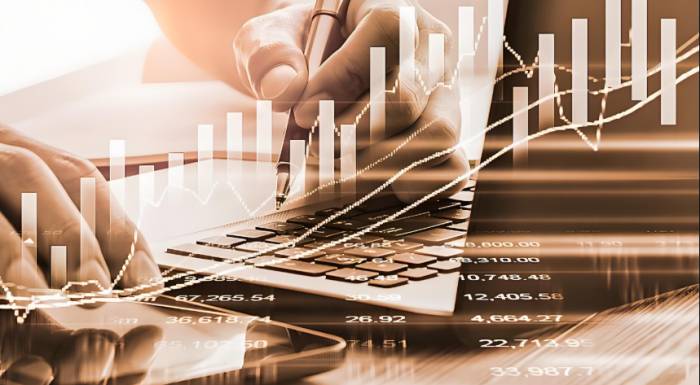

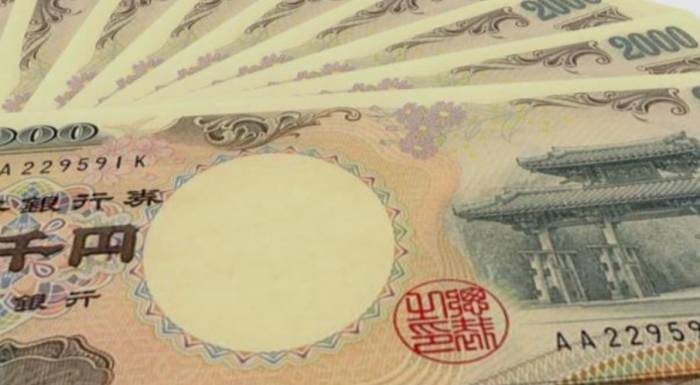
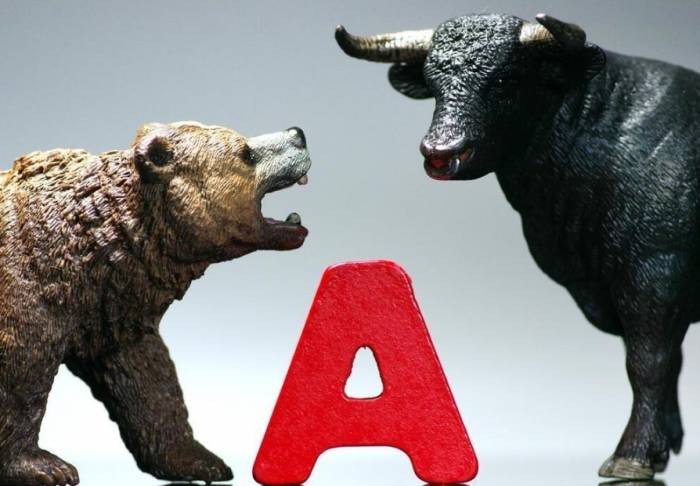
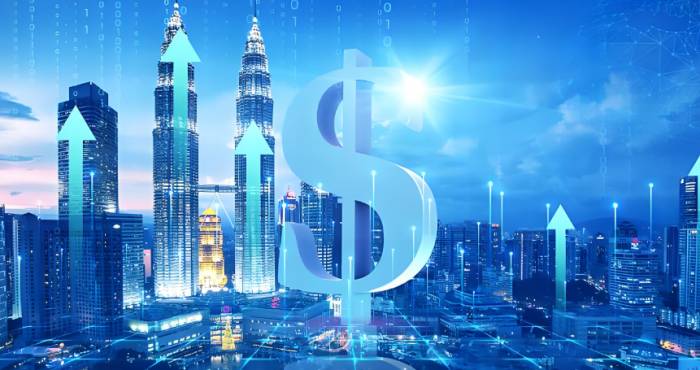
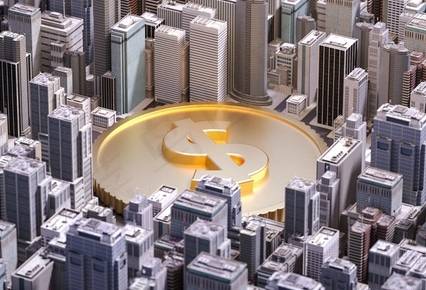

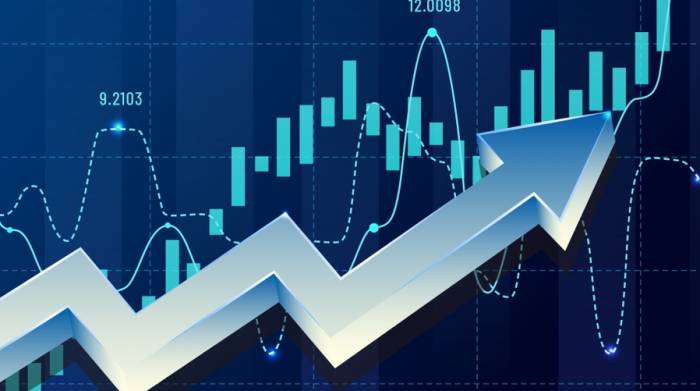

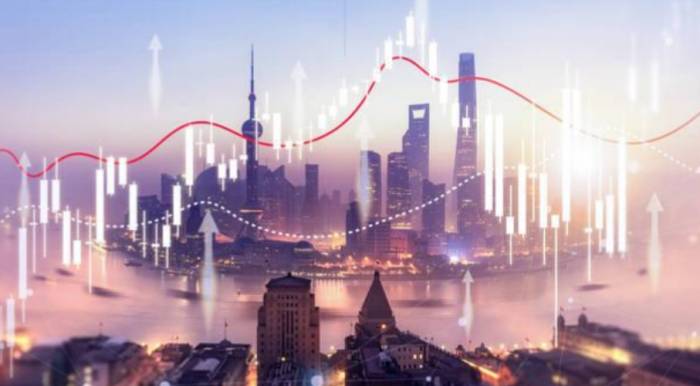

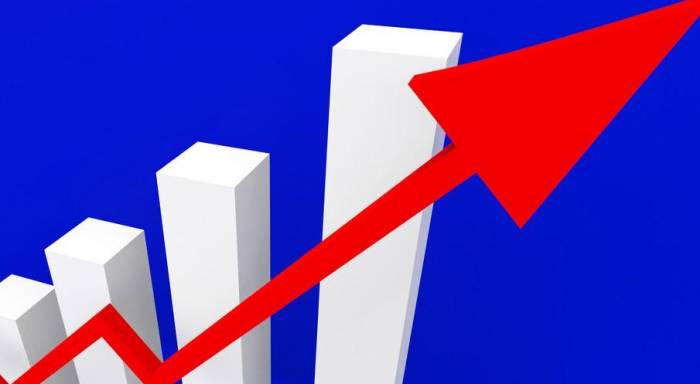
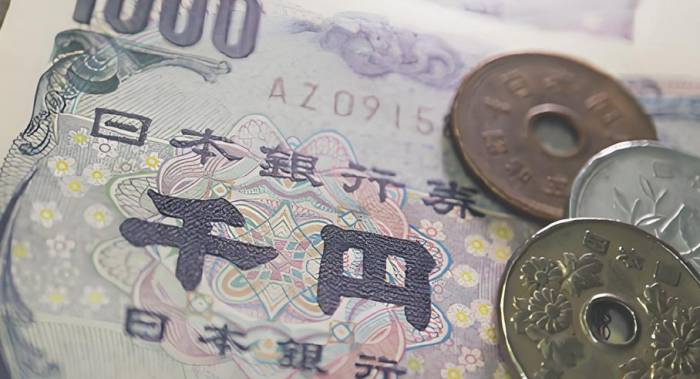

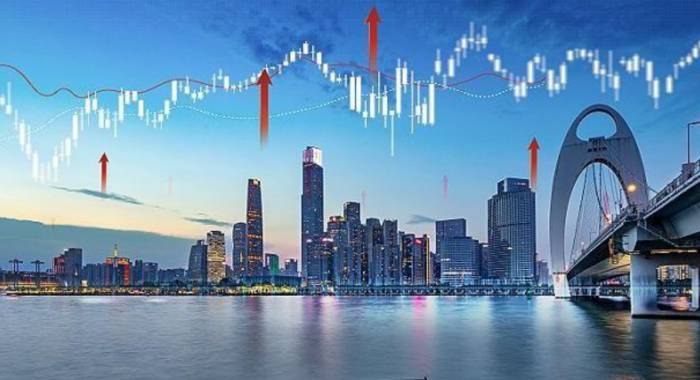
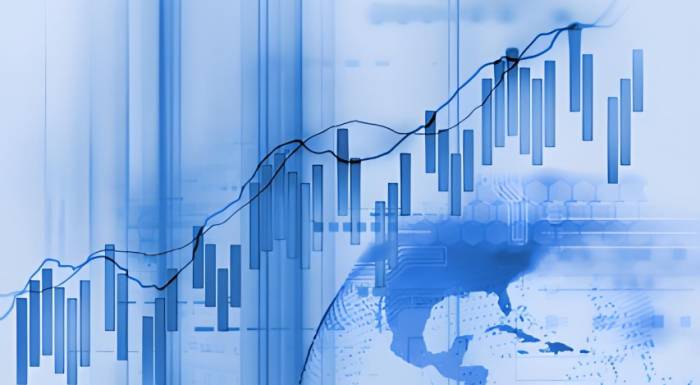
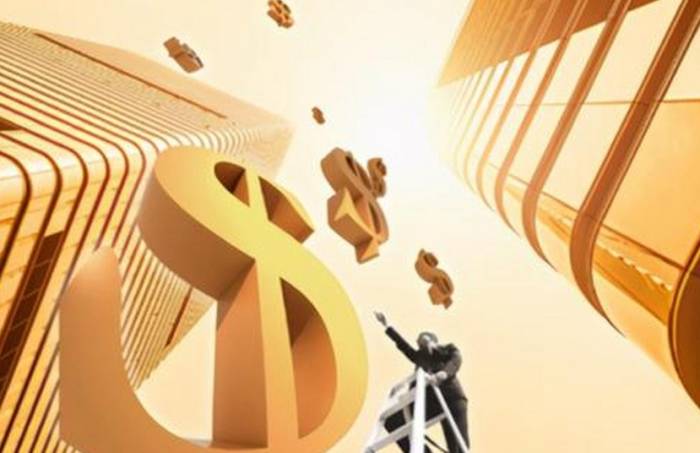
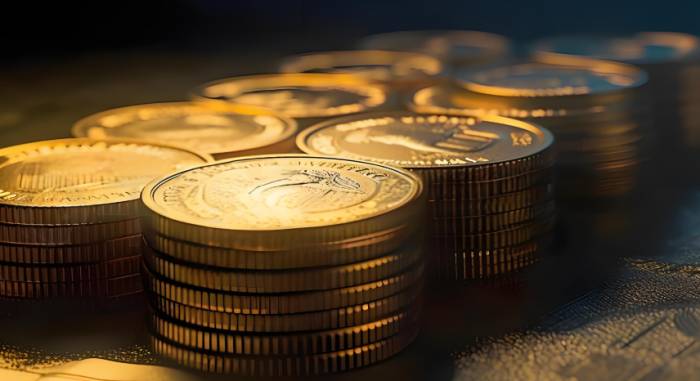

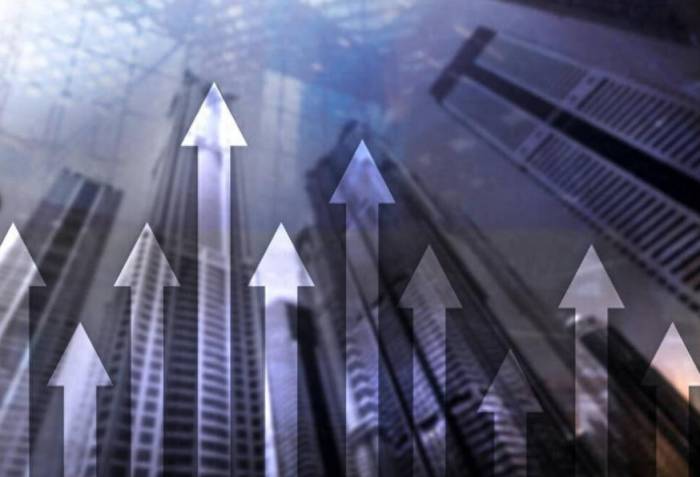

Join the Discussion